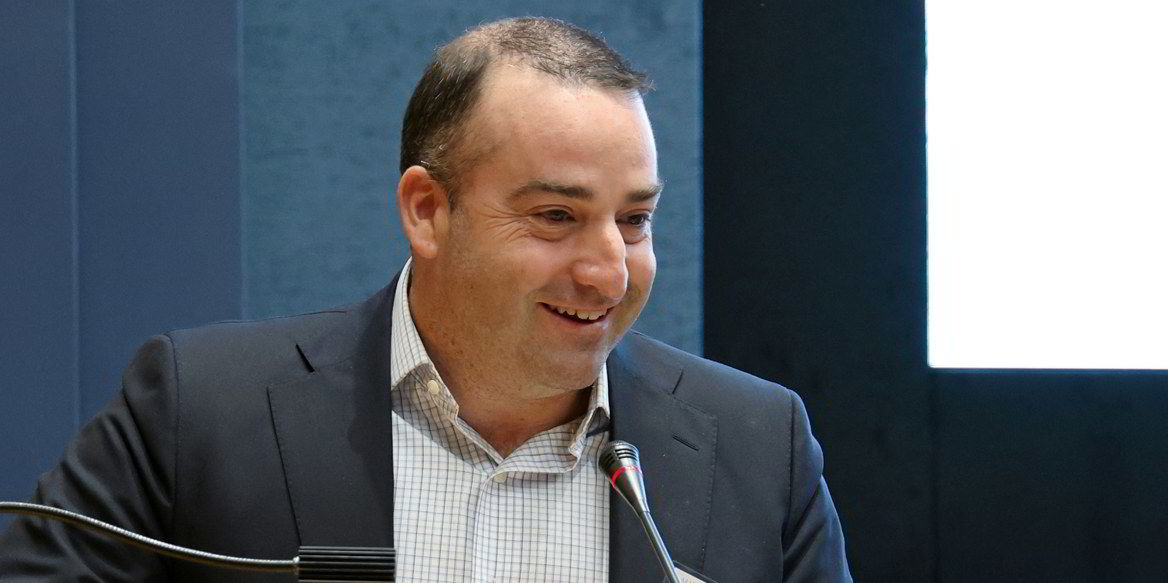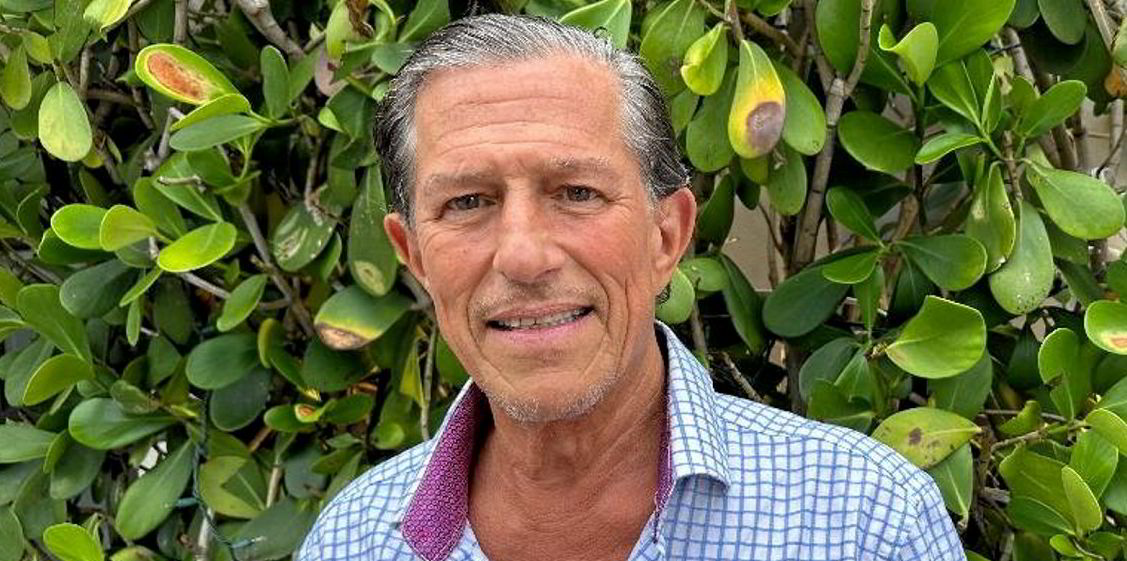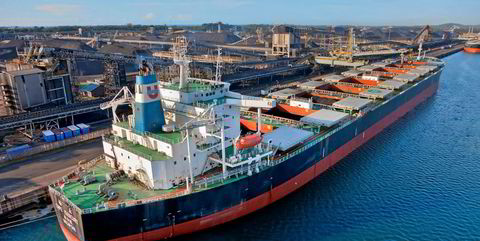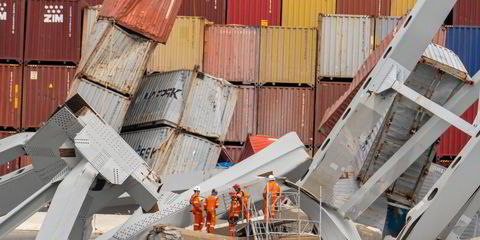It turns out you don’t need US investment bank the Maxim Group to do highly dilutive Maxim-style equity deals.
Greek shipowner Harry Vafias is continuing to show that through his Nasdaq-listed company C3is, although there are some in shipping and finance circles who wish he’d stop.
Vafias has now contracted with another New York-based bank, Aegis Capital, for two equity raises in 2024 that have brought three-ship C3is a total of $18m in gross proceeds, but also contributed to its stock trading at $0.03 per share at the time of writing.
Vafias is one of several shipowners, mostly Greek, who formerly used Maxim for such small-scale deals that typically package warrants with common shares, usually with heavy dilution to existing holders.
As Streetwise has reported, the fundraisers eventually drew strong criticism from investors and shipping executives, who publicly attacked them as damaging to the industry’s reputation in the capital markets.
We reported last November that in one of the happier developments of 2023, the Maxim deals had slowed to a crawl, perhaps partly due to the public scorn described here.
Only four shipping deals worth a combined $56.3m had been reported to that date, compared with 13 worth $259m in 2022 and $442.3m on six deals in 2021.
There are no known Maxim deals so far in 2024. In fact, the last shipping deal listed on the bank’s website was from August: the much-maligned $17m follow-on raise by Vafias’ Imperial Petroleum, parent of C3is.
But as Streetwise reported on 11 January, Vafias and C3is turned to Aegis to carry the investment-banking torch for the first time. The deal at least in part supported the financing of an aframax tanker acquired from Imperial.
That resulted in an “upsized” $7m equity raise in which C3is sold 28m common shares at $0.25 each, a 33% discount to the previous closing price. The deal also included warrants. News of the pricing sent the stock down a further 46% from the deal price to $0.135 per share.
At the time of the deal, C3is was already under threat of delisting from the Nasdaq exchange for failing to maintain a share price above $1, but operating under a six-month grace period. The grace period was renewed in February.
There wasn’t much improvement in the share price — certainly nothing approaching the $1 level.
And then came the twin announcements from the company on 15 March.
Before trading opened in New York, C3is announced it had raised $6m in gross proceeds from an Aegis-led deal in which it sold 120m new shares at $0.05 each, a 37% discount from the previous day’s close of $0.079 per share. The company sold nearly three times its previous share count, plus warrants.
That sent the stock down to a record low of $0.028 per share at close after investors traded 200m units.
“I’ve never seen a five-cent-per-unit public offering,” said one veteran public shipping executive with a financial background. “Amazingly bad.”
Then just after close of trading on 15 March, C3is announced it had received a new delisting notice from Nasdaq — this time for closing below $0.10 per share for 10 straight days. The company appealed and a hearing is expected within 30 to 45 days.
Streetwise reached out to Vafias this week, to try to better understand the C3is strategy, but there was no answer before deadline.
In any event, the market expects C3is to do what Maxim-tied owners typically have done in such situations: carry out a reverse shares split that will artificially inflate the price above $1 and cure the Nasdaq deficiency.
Who’s to blame?
While a lot of blame is being directed at Vafias for the C3is mess, there’s plenty to go around.
In the past, while defending practices of StealthGas spin-off Imperial Petroleum, Vafias noted that the company’s intention to fund its activities by selling shares had been fully disclosed from the outset in filings with US securities regulators.
The same can be said of C3is, which disclosed 36 separate company-specific “risk factors” in its initial public prospectus. The prospectus in its most recent raise states: “You may experience future dilution as a result of future equity offerings and other issuances of our Common Shares.”
In addition, Streetwise has written about the potential risks involved in Maxim-style deals involving several different listed owners no fewer than 11 times dating back to 2022.
One way or another, investors have been warned.
At the same time, the typical progression of these deals — dilutive equity raise, plunging share price, reverse stock split, more dilutive equity raises — could not happen without Nasdaq’s highly permissive rules aimed at keeping public companies public.
C3is was in effect on Nasdaq “probation” when it carried out the two 2024 shares deals with Aegis. That is, until the expected reverse shares split and all is forgiven.
But wherever one chooses to assign blame, there’s one place it no longer applies, at least in this case, and that’s the Maxim Group.
Maxim, we hardly knew ye.
More ship finance news
New York-listed Scorpio Tankers expects to reach its target of roughly $800m in net debt “within the second quarter” and could move on more vessel sales that would speed the process. Click here to read.
Denmark’s Dee4 Capital has made a first closing of its second fund Dee4 Capital Fund II with commitments of $92m. The capital comes from 18 external investors and the Dee4 management team. Click here to read.
BW Group has offloaded a 5.1% stake in Hafnia for NOK 1.9bn ($178m) ahead of a potential US listing of the product tanker owner. Andreas Sohmen-Pao’s BW sold 26m shares in Oslo-listed Hafnia for NOK 73 per share. Click here to read.





